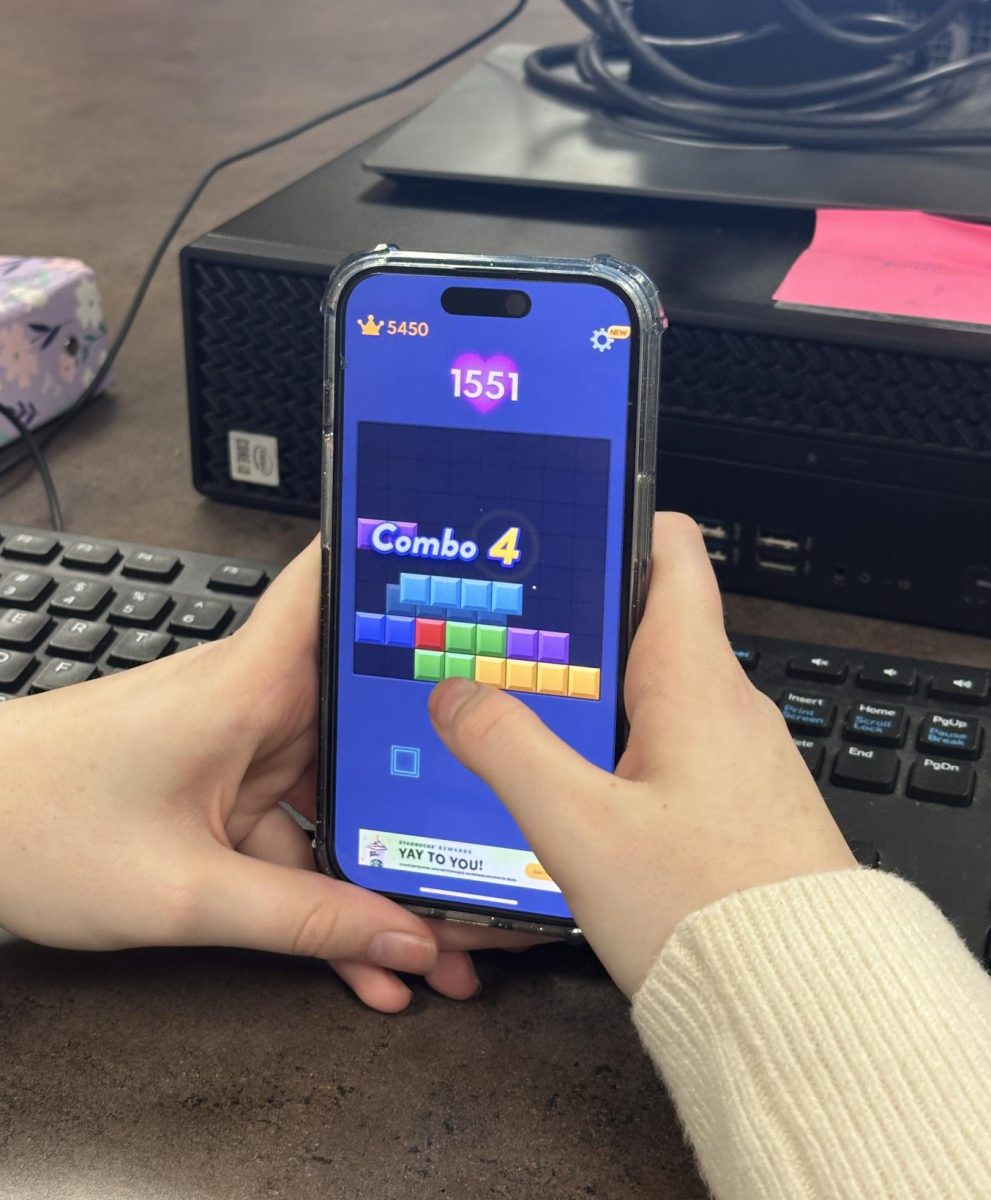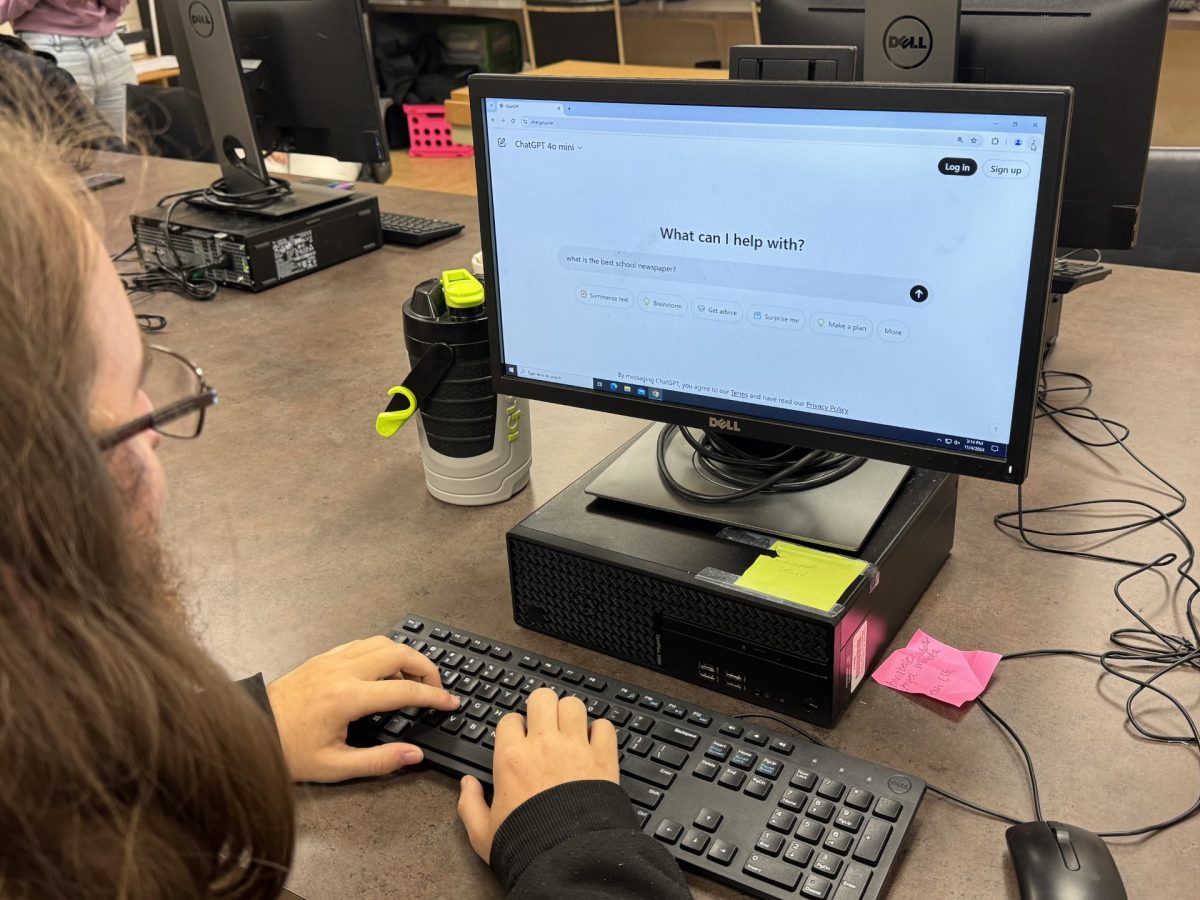Schools around the world today are designed to focus on training students in four core subjects that are held in high esteem above all the rest: mathematics, science, history/government, and English. Below these fall the remainder of the courses such as the arts, athletics, career courses, communications, and other subjects that focus on creativity. Creative thinking skills are put on the back burner by the time students get to junior high to make room for reinforcing four main skills that are valued more by modern education systems.
Creativity is essential to society, and placing it lowest on the scale in education is harming students and hindering their preparedness for the future.
Although the four core subjects are extremely vital to education, they cannot be the only skills society uses to base an individual’s intelligence. The diverse areas of careers in the real world all require people to problem solve, critical think, and use their creativity to build ideas and solutions. In the four core subjects, students are taught that there are right and wrong answers, which is correct, but this also negatively results in the fear of being wrong. That fear is what hinders students’ creativity and keeps them from thinking more objectively about the world around them. The problem itself is not that there are right and wrong answers in the core subjects; it makes perfect sense for there to be a definite correct answer in an algebra equation. The problem is that students are taught that other subjects where there are no definite right and wrong answers, such as art, are less valuable to society. The beauty of the arts, for example, is that there aren’t definite answers or solutions, but instead there is unlimited potential. Both the core subjects and creative courses are necessary to education, and school must stop valuing one over the other.
Public high schools do an excellent job of offering a variety of extracurricular courses for students to take as a creative outlet or to learn more in their specific areas of interest. However, these “electives” are always considered to do less for student’s real world preparedness. This idea is obvious when a student who struggles in Algebra is taught, even if this is not what educators intend, that struggling in that course makes them less intelligent. However, the same student may be proficient in theater, engineering, or cosmetology, three legitimate career options that involve creativity. Despite this, they are still told that their ability to factor equations is more important than their capacity to create and invent. Because the system is designed that way, modern education is teaching students that their creativity skills are not equally important or valuable to their algebra or essay structuring skills.
Creativity is essential to our society in entrepreneurship, architecture, design, advertising, politics, problem solving, art, music, technology, and so much more. In fact, in real world occupations creativity is probably the most important skill for a person to have aside from general knowledge in their field. So if creativity and critical thinking is such an essential factor in education, schools should be giving more attention to enhancing creativity in students.
The problem educators face with spending more time on encouraging students’ creative thinking skills is that they are concerned it will take away from the time to focus on teaching the four core subjects. However, the point is that creativity is equally as important as those courses. As a society, we need to stop treating children from a young age as if they will all grow up to be uniform. The beauty of humanity is the individuality of each person, working together to contribute to the community in different ways. Not every student is going to graduate to get a job as a mathematician, marine biologist, doctor, literature professor, or economist. Some of them will, and the people filling those roles are vital; but so are the artists, dancers, musicians, lawyers, designers, athletes, farmers, firemen, cosmetologists, and writers.
Sir Ken Robinson, an advocate for human creativity in education, once said “Human communities depend upon a diversity of talent, not a singular concept of ability.” Schools need to adopt this ideal: that one form of skill does not prioritize over another. To better prepare students for the future, creativity needs to be prioritized the same as the core subjects in education.








griffin • Apr 2, 2024 at 3:38 pm
i used quotes for my school essay thanks
GranAnnie • Oct 5, 2023 at 10:07 am
I agree wholeheartedly with your premise in this well written article.